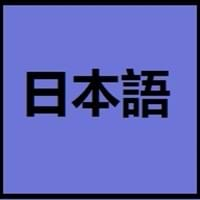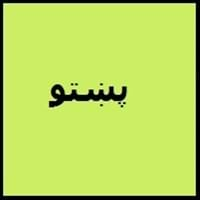Japanese vs Pashto
- In Japanese Language, there are 4 different ways to address people: kun, chan, san and sama.
- There are many words in Japanese language which end with vowel letter, which determines the structure and rhythm of Japanese.
- Pashto language is originated in the regions of Paktika and Paktia areas of Afghanistan.
- The first Pashto poem was written in the 7th century.
Japanese and Pashto Language History
Comparison of Japanese vs Pashto language history gives us differences between origin of Japanese and Pashto language. History of Japanese language states that this language originated in 1185 whereas history of Pashto language states that this language originated in 1651. Family of the language also forms a part of history of that language. More on language families of these languages can be found out on Japanese and Pashto Language History.
Japanese and Pashto Greetings
People around the world use different languages to interact with each other. Even if we cannot communicate fluently in any language, it will always be beneficial to know about some of the common greetings or phrases from that language. This is where Japanese and Pashto greetings helps you to understand basic phrases in Japanese and Pashto language. Japanese word for "Hello" is こんにちは (Kon'nichiwa) or Pashto word for "Thank You" is (manana) مننه (tashakor) تشكر. Find more of such common Japanese Greetings and Pashto Greetings. These greetings will help you to be more confident when conversing with natives that speak these languages.
Japanese vs Pashto Difficulty
The Japanese vs Pashto difficulty level basically depends on the number of Japanese Alphabets and Pashto Alphabets. Also the number of vowels and consonants in the language plays an important role in deciding the difficulty level of that language. The important points to be considered when we compare Japanese and Pashto are the origin, speaking countries, language family, different greetings, speaking population of these languages. Want to know in Japanese and Pashto, which language is harder to learn? Time required to learn Japanese is 88 weeks while to learn Pashto time required is 44 weeks.





